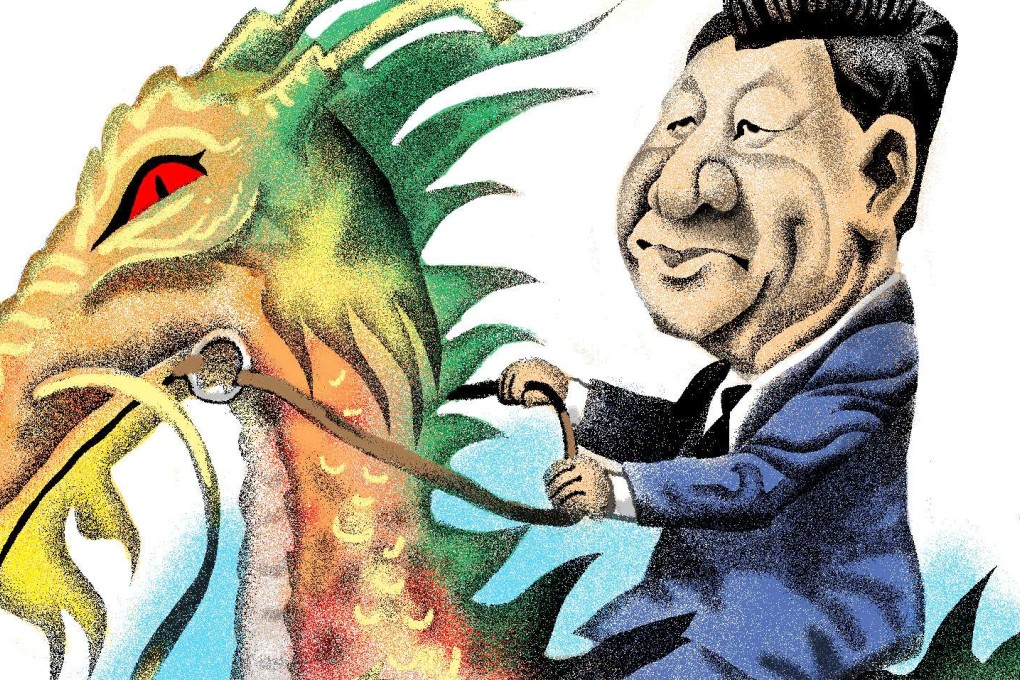Why China needs Xi Jinping as its core leader
Robert Lawrence Kuhn says to see this designation as a variation of strongman rule is to misunderstand its significance for a people navigating their way through immense challenges


I recalled my meeting with Xi years earlier, when he was still party secretary of Zhejiang (浙江) province. Even then he was criticising “empty talk” and advising, “We should never overestimate our accomplishments or indulge ourselves in our achievements”. I took note of how Xi stressed, “We need to assess ourselves objectively”. Hardly, in retrospect, the ruminations of a gestating dictator.
To understand why Xi is now the core, one must appreciate the complex challenges of our times. China is now facing multiple challenges: domestically – slow growth, industrial overcapacity, endemic pollution, imbalanced development, income disparity, social injustice, social service demands; and, internationally – wars, regional conflicts, sluggish economies, volatile markets, trade protectionism, ethnic clashes, terrorism, geopolitical rivalries, and territorial disputes in the South and East China seas.

How Xi Jinping can use his new power as ‘core’ of China’s communist party
Most critically, because China must deepen its reforms to achieve its oft-promised goal of a “moderately prosperous society” by 2020, the resistance of entrenched interest groups must be overcome. More subtly, there is what some call a pervasive “soft resistance” – local officials who do not do their job and economic elites who migrate.
If reform had been progressing smoothly, then why strengthen central authority by investing Xi with the status of core leader? Xi has encountered obstacles; if there were no obstacles, there would be no need for a core leader.